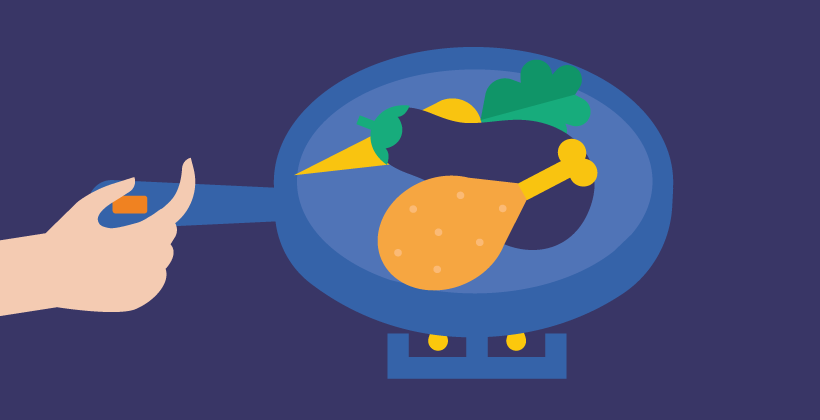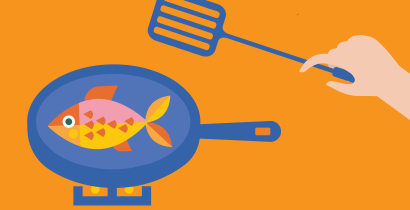A safe approach to outdoor eating
Last Updated : 01 May 1999The warm weather is on its way, and with it comes the time for barbecuing, picnicking and outdoor activities. But as the temperature rises, so does the activity of bacteria which may spoil your foods.
Whether you are off to the beach, the mountains, or simply relaxing in your garden, here are some tips from Professor F. M. Rombouts, Chair of Food Microbiology at Wageningen Agricultural University, The Netherlands, for enjoying "unspoiled" summer meals. Of course these tips are applicable all year round, but as the sunny days arrive and you start to sit back and enjoy yourself, bacteria may make the most of the conditions and become active!
Food preparation
Handling food correctly before you start cooking can prevent problems. Always follow label instructions to "keep refrigerated" and use a food by the date shown on the package. Wash your hands with soap and water for 20 seconds before and after handling utensils or raw food. Thoroughly clean chopping boards with hot, soapy water and a brush.
If you marinate raw meat, fish and poultry, do so in a glass dish in the refrigerator, not on the work surface. If you intend to use some of your marinade as a dip or sauce, set some aside in a separate container before adding the raw food to it.
If you're pre-cooking food, move it immediately from the microwave or oven to the barbecue. If you can't do that, cook the meat thoroughly and then cool it quickly for heating later on the barbecue. Always prepare and store food at the appropriate temperature.
Barbecues
Cook large cuts of beef to above 60°C for medium rare and above 70°C for medium. Whole poultry should reach 82°C. Fish should flake easily with a fork. Cook beef-burgers to 71°C and ground poultry to 74°C to kill all bacteria. A meat thermometer is of great help when barbecuing.
Always remember that food that looks cooked (or even burnt) from the outside may not be fully cooked on the inside!
Cut into the food to check it is thoroughly cooked; intrinsic juices should be clear and the meat should not be pink.
Serve hot, barbecued foods immediately. To avoid cross-contamination, use a different plate for cooked food than the one that held the raw food. Make sure that different utensils and cloths are used for raw and cooked food.
Picnics
For picnics away from home, take only the amount of food you'll need. Thoroughly chill all foods prepared ahead of time (like sandwiches and salads) and pack them in a cooler surrounded by ice packs to keep the food at 4°C. Remember, room temperature food will not become chilled in a cooler, even if ice packs are added. Once you arrive, take the food out of the car as the warm temperature provides the perfect breeding ground for bacteria, and place the cooler in the shade.
Food left in a cooler should be safe to eat if the ice packs are still frozen and the food is cool to the touch. However, when in doubt, throw the food away. Tasting a food will not show you whether it is safe.
Food safety is for everyone
Many cases of food-borne illness are reported every year. Infants and the elderly are particularly vulnerable. Protect your family by following these simple rules. They will reduce the risk of food-borne disease significantly.



